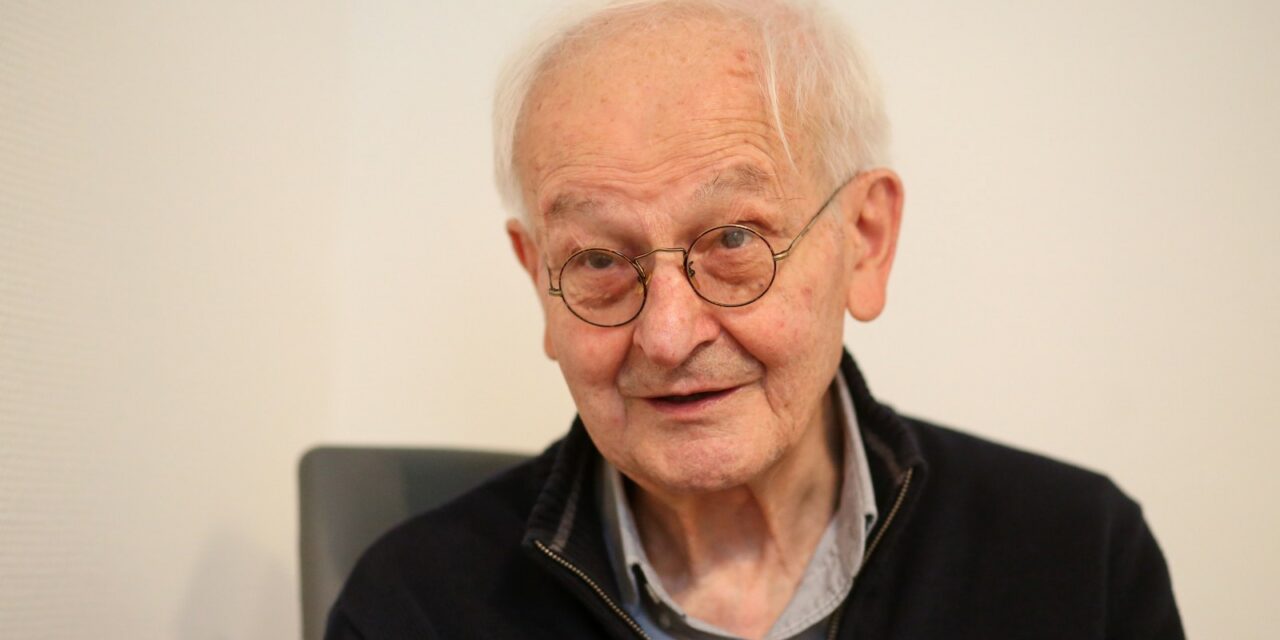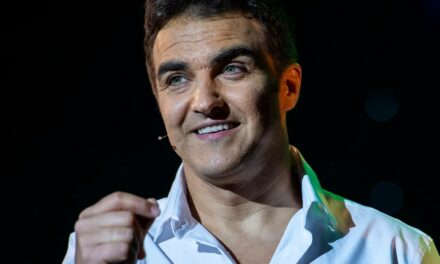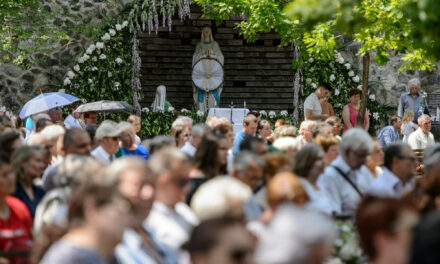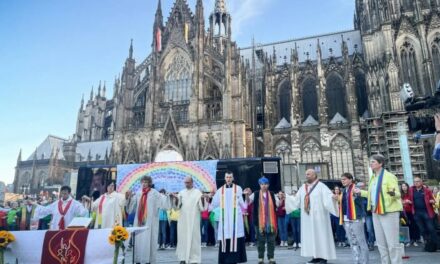István Jelenits celebrated his 90th birthday on December 16. István Kuzmányi, editor-in-chief of Magyar Kurír, conducted an interview with the Széchenyi Prize-winning Piarist monk, theologian, writer, Hungarian and religious studies teacher, from which we quote details.
"Teacher, how do you remember your parents, what did you get from them for traveling?"
"I can thank my parents for everything." My father was a peasant child and became a first-generation lawyer and intellectual. He became an official at the then truncated county seat, Berettyóújfalu. I was born there. My mother was also born in the Great Plains. He came from an educated family, many of whom were teachers, officials, and reformed ministers. My father read a lot, not for any benefit, but because he enjoyed it. There were several times that when he got to a certain part, he gathered us together and read the given section. That is, he was a thinker, a person living in culture. He led me to the love of reading. On my mother's side, after the war, we moved to her birthplace, Kunszentmiklós, and lived there for a while. Since the Russians occupied the school building, I went to high school in the Reformed church where my mother's ancestors preached. There was a classroom in each corner of the church. Despite the difficult circumstances, I managed to keep alive the love of learning, which is my family heritage.
– What were the defining experiences of your childhood and youth that influenced your later life?
"I experienced these in Nagyvárád." After the return of Northern Transylvania in 1942, we moved to Ady's "Pece-parti Paris", I went to school there, and then started high school. There I met Romanian children who were worried about the fact that they were moving to Regát (to the Romanian territories beyond the Carpathians) due to the border change, because their civil servant parents had to find work there.
Then it hit me in the heart that there are those who are affected by my joy as a loss.
That when my childhood dreams come true, someone else's are lost.
– He started his high school years at the premontrei in Várad.
– I remember that in high school, in Hungary at the time, in the returned territories, we studied Romanian. It was natural for me to learn the language of the minorities. I was proud of that. I found it interesting that the minor priest candidates who came to the city from Székelyföld were angry about this. They did not fast the two decades of separation so that they now have to learn Romanian - they said indignantly that this should be stopped. I told them: we can be different by learning their language and getting to know their culture. And not to make fun of them, but to love them.
"Did you also face the soa here, all these years?"
"Yes." An image lives in my memories. A Jewish family lived in the house opposite. I saw the yard of their house and suddenly noticed that a young girl was trying on the yellow star. He sewed it on his waistcoat, then put on a cloak - practicing how to live on this street, whether it was folding the cloak or hiding the star with it. All of these live in me as decisive memories. I soon realized that the essence of life is not to be happy, but to pay attention to the happiness of the people living next to us.
That's the only way we can be truly happy. In simpler terms, we should never do to another person what we would not want them to do to us.
You can read the entire interview in Magyar Kurír













